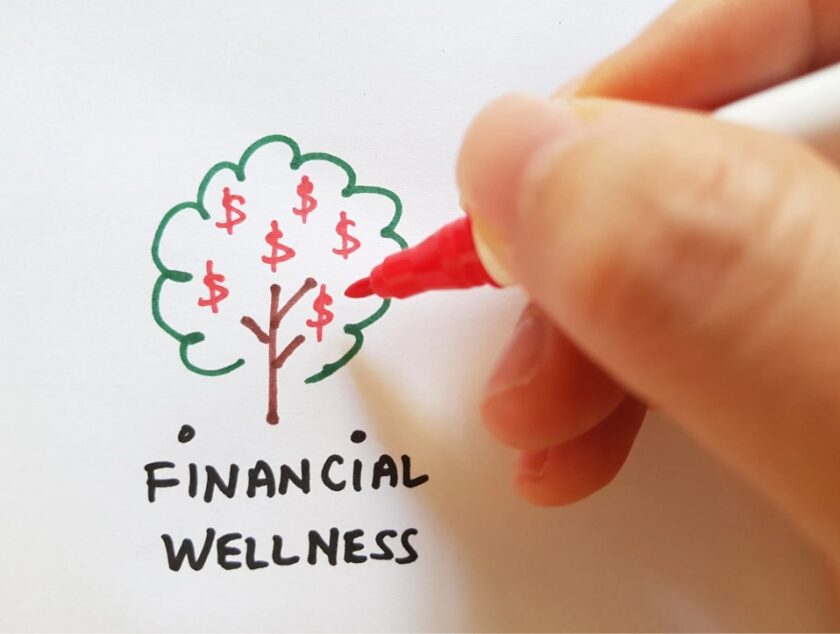Financial Wellbeing: More Than Just Wealth – It’s About Peace of Mind
When you think about financial security, what comes to mind? For many, it’s about having enough money in the bank, a solid investment portfolio, or a well-structured retirement plan. But true financial well-being goes beyond the numbers—it’s about feeling confident, secure, and empowered to make the choices that matter most to you.
Financial well-being is about creating a balanced, fulfilling life in which money is a tool to support one’s aspirations and life plan.
Whether you’re looking to gain better financial control, plan for the future, or simply feel more at ease with your finances, these practical tips can help you take charge of your financial health.
What Does Financial Wellbeing Really Mean?
Financial well-being isn’t just about being ‘well-off.’ It’s about achieving clarity, confidence, and control over your financial situation so you can focus on what truly matters. At Morrows we believe ‘Financial Wellbeing’ should involve four key elements:
- Clarity to Meet Your Financial Obligations – Ensuring you can comfortably manage your daily expenses and financial commitments.
- Confidence to Enjoy Financial Freedom – Having the ability to make choices that enhance your quality of life, such as travelling, pursuing hobbies, or spending more time with family.
- Control over Your Finances – Effectively managing your money to avoid unnecessary fees, charges, and financial stress.
- Certainty for the Future – Planning ahead so you can save and prepare for long-term financial goals with confidence.
Tips to Improve Your Financial Wellbeing
- Build a Strong Financial Foundation
- Create a structured budget tailored to your lifestyle and needs.
- Set up an emergency fund to cover unexpected expenses.
- Manage debt effectively by prioritising repayments and avoiding high-interest loans.
- Track your spending to identify areas where you can cut back.
- Plan for Long-Term Financial Security
- Define your short-term and long-term financial goals.
- Start saving early for major life events such as homeownership, education, and retirement.
- Consider diversifying your investments in line with your risk tolerance and return expectations.
- Review and adjust your financial plans regularly to stay on track.
- Manage the Emotional Side of Finance
- Recognise that emotions often drive financial decisions—take time to assess your choices rationally.
- Avoid impulsive financial decisions and seek advice when needed.
- Align your financial decisions with your values and long-term priorities.
- Develop healthy money habits, such as setting spending limits and sticking to financial goals.
- Adapt to Life’s Changes
- Be prepared for unexpected life and financial challenges by keeping a flexible financial plan.
- Regularly review your financial situation and adjust as needed.
- Stay informed about financial trends and opportunities that may impact your financial future.
Take the Next Step Towards Financial Wellbeing
Financial well-being isn’t just about having wealth—it’s about feeling confident and secure in your financial decisions. By taking small, consistent steps, you can create a stable and fulfilling financial future. Whether you’re starting your financial journey or refining your current strategy, making informed choices will help you achieve peace of mind and long-term financial stability.

If you’re looking for expert guidance on your financial well-being journey, our experienced advisors can help.
Book a complimentary 30-minute Financial Wellbeing Health Check today and take control of your financial future.





